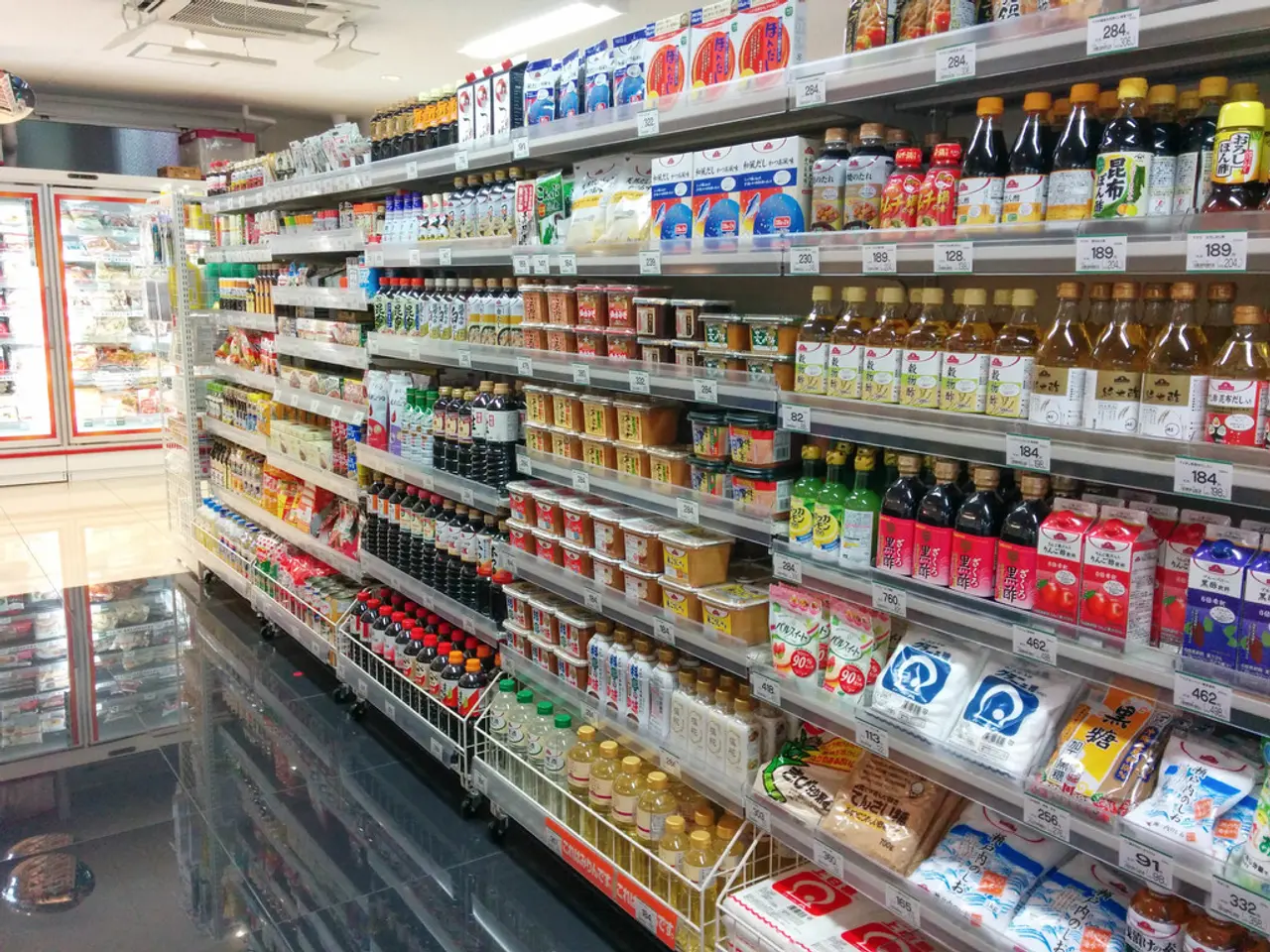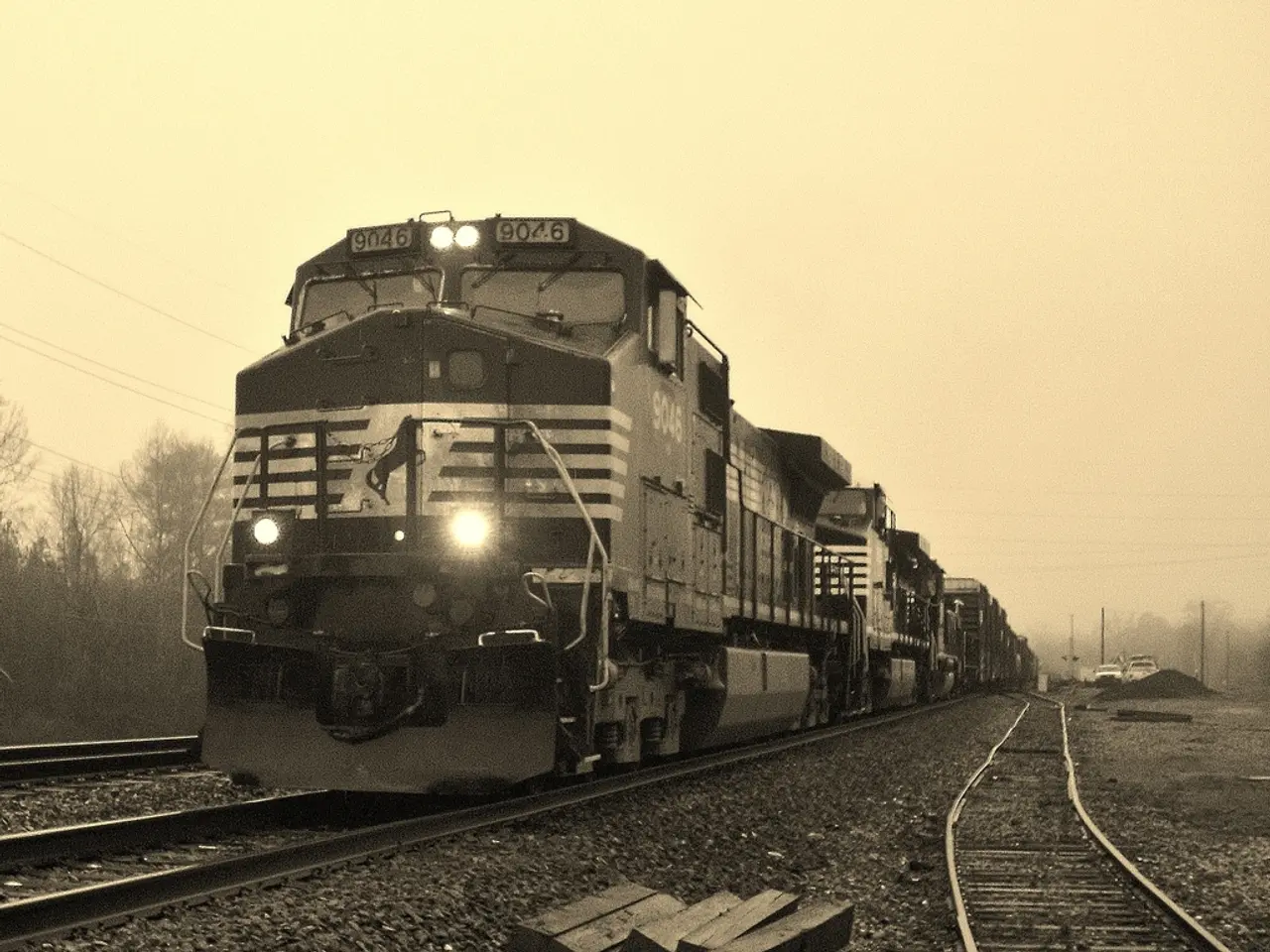Analysis: Collaborative Efforts Foster a Stronger Sense of Local Bonding within the Region
In a recent survey, it was revealed that nearly four in ten respondents in Germany could envision contributing to family cooperatives for joint care and support of children, sick, and seniors. This potential interest in cooperatives, combined with their proven ability to foster community engagement and economic stability, raises questions about their role in promoting societal cohesion and resilience in Germany.
Cooperatives, autonomous associations of individuals united to meet common socio-economic and cultural needs, are member-owned and member-controlled. This structure can encourage a sense of community and shared responsibility among members, contributing to social cohesion.
One of the key ways cooperatives contribute to societal cohesion is through community engagement. By providing services and employment opportunities tailored to local needs, they enhance social cohesion and foster a sense of belonging. Economically, cooperatives offer stability through fair wages and employment, which are vital for maintaining societal cohesion. Furthermore, their participatory nature ensures that decisions are made inclusively, promoting inclusivity and reducing social divides.
Cooperatives also demonstrate resilience during economic crises due to their member-driven structure and focus on local economies. In addition, they often serve as social support networks, providing essential services and fostering a sense of security among members.
However, specific data on younger Germans' perceptions of cooperatives is limited. It is plausible that they, like other demographic groups, would appreciate the community-oriented and economically stable aspects of cooperatives. Their perception might be influenced by broader societal trends, such as economic skepticism and political instability.
To enhance their contribution to societal cohesion and stability, German cooperatives could focus on outreach and education, adapting to modern needs, and inclusive governance. By engaging with younger generations, highlighting the benefits of cooperatives, and ensuring their models align with contemporary challenges, cooperatives can strengthen their role in fostering societal cohesion and stability.
The Genoverband, an association of cooperatives, has called for the cooperative model to be brought more into focus, particularly on International Cooperative Day on July 5th. The Genoverband also suggests including cooperatives in school and university curriculums to educate the next generation about the benefits of cooperatives.
The survey results suggest that security, cohesion, and trust are the most important societal values for Germans, with seven out of ten Germans believing that cooperatives strengthen the sense of 'we' in the region. Eight out of ten Germans believe that cooperatives make a valuable contribution to society, and 71% see cooperatives as businesses with future potential. However, only one in ten respondents considers participation and co-creation important societal values.
Despite this, the survey results are promising, with 42% of respondents expressing a willingness to engage for society and 40% imagining contributing to medical care centers as cooperatives. The survey results are representative of the resident population in Germany aged 18 and over.
In conclusion, while specific data on younger Germans' perceptions of cooperatives is limited, the survey results suggest a positive outlook for the role of cooperatives in promoting societal cohesion and stability in Germany. By addressing areas such as outreach, adaptation, and inclusive governance, cooperatives can enhance their role in fostering a cohesive and resilient society.
Cooperatives, being autonomous associations focused on meeting common socio-economic needs, can serve as a means for young Germans to participate in business ventures that foster community engagement, economic stability, and ultimately, societal cohesion. With the Genoverband advocating for increased education about cooperatives in schools and universities, there is potential for younger generations to appreciate the benefits of cooperatives and contribute to their growth and resilience in Germany.




